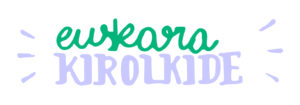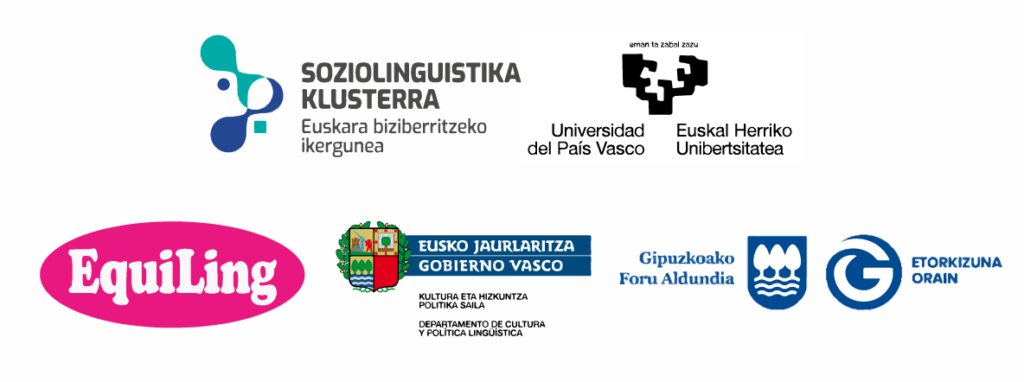Sport and Basque together? With some exceptions, this has often proved to be an impossible pairing. Hence the attempt to turn Basque into a travelling companion of sport, for Basque to become an important part of children and young people’s leisure time as well.
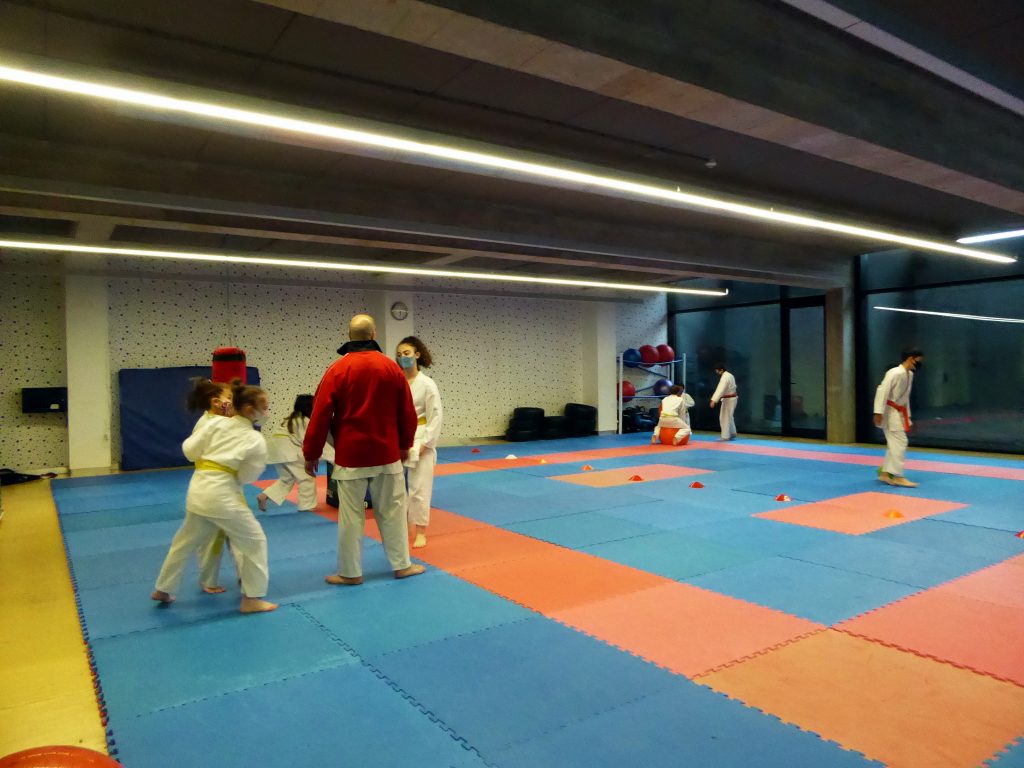
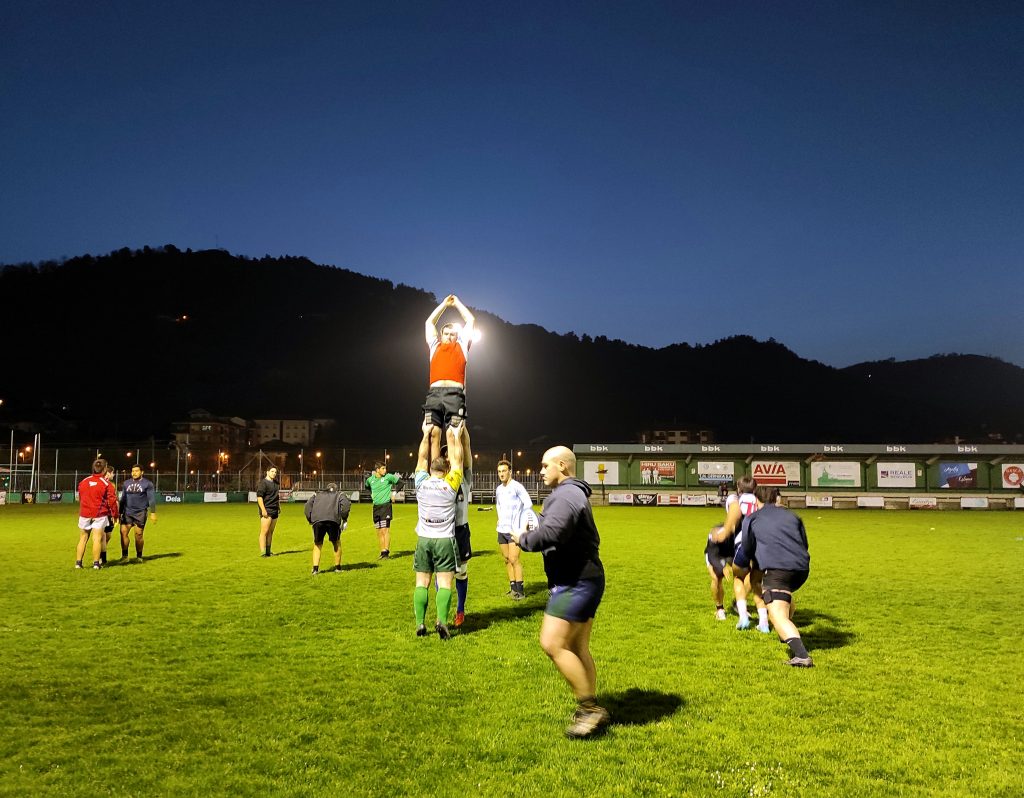
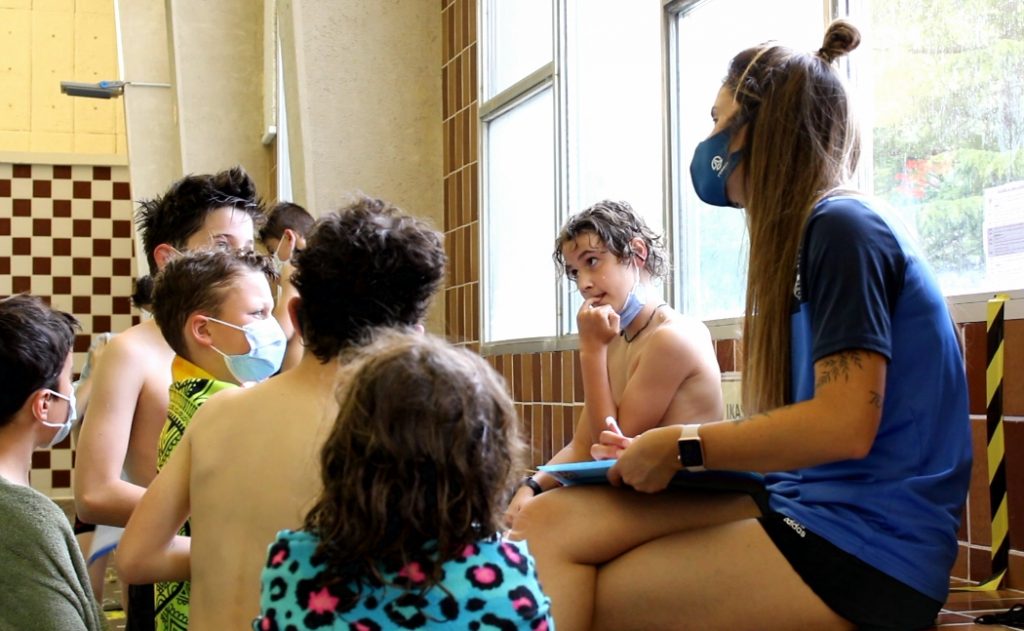
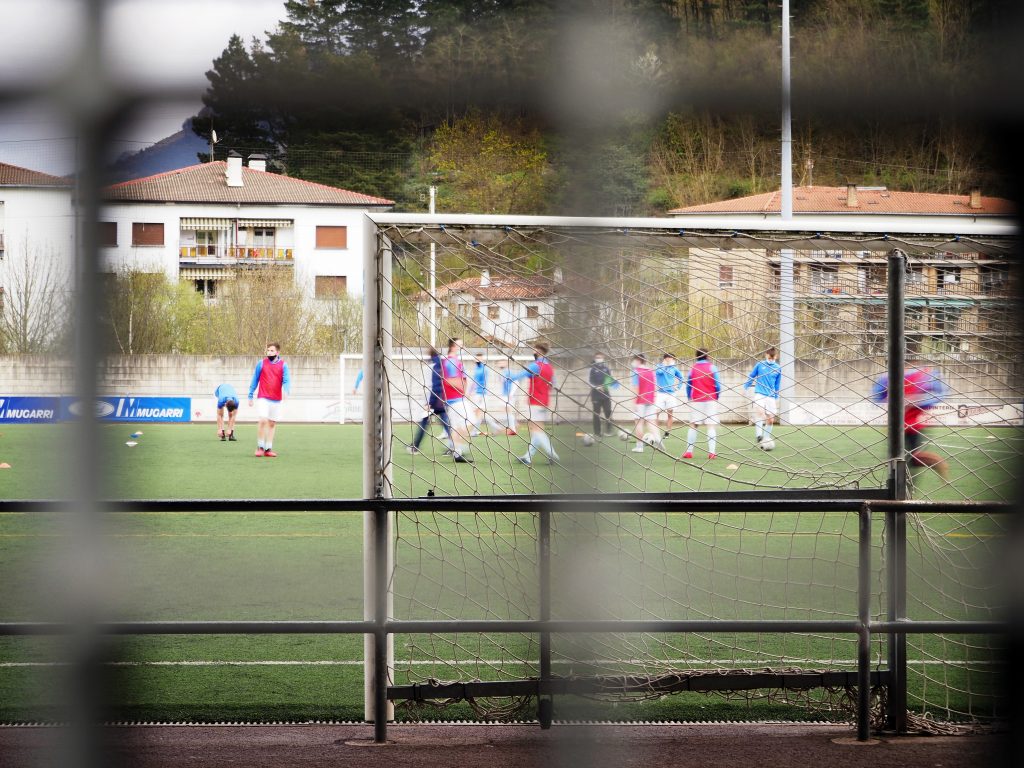
In Basque the word “joko” – or “jolas” – is used to refer to sport. In the opinion of Johan Huizinga (2008), games take us out of everyday routine to immerse us in another world, one where (almost) anything is possible.
The Ma’isah project talks about the options sport can open up.
Background: D ereduko kirola
What options do young people aged 12-16 have today to live their life in Basque? For most of them, school offers them a place to express in Basque, but what happens outside this sphere?
These questions were the starting point for the action research project D ereduko kirola, which began in 2016. A field study was then conducted, going out to the clubs themselves to talk to coaches and young players, and observe the existing sporting climate at first hand. Thus, the protagonists were the clubs themselves, because it was a matter of finding out close up about the experiences of these children and young people.
Over three years, we shared sports grounds, courts and pitches with all of them. Watch video.
This research project entitled D ereduko kirola ran from 2016 to 2018, and in view of the results it obtained, it was felt necessary to pursue this line of work further, in terms both of research and theory and or application, taking as a basis the triad of youth, sport and Basque.
2019. In 2019, after publishing and disseminating the results of the 2016-2018 cycle, the first steps were taken to put this into practice. A field study for the period 2020-2022 was also devised, entitled Euskara Kirolkide.
Euskara Kirolkide: Aims
The primary aim was to explore further the triad of youth, sport and Basque in order to intervene on it more effectively. The starting point for this work was formed by the conclusions of the previous phase; among them we would highlight the ability of the club to act as a a safe space (for Basque).
The main aim of Euskara Kirolkide is to define the club as a safe space for Basque, i.e. to establish, from the point of view of sports clubs, what the concept of protected sport/leisure for Basque actually means, and to come up with proposals, materials and tools for applying it.
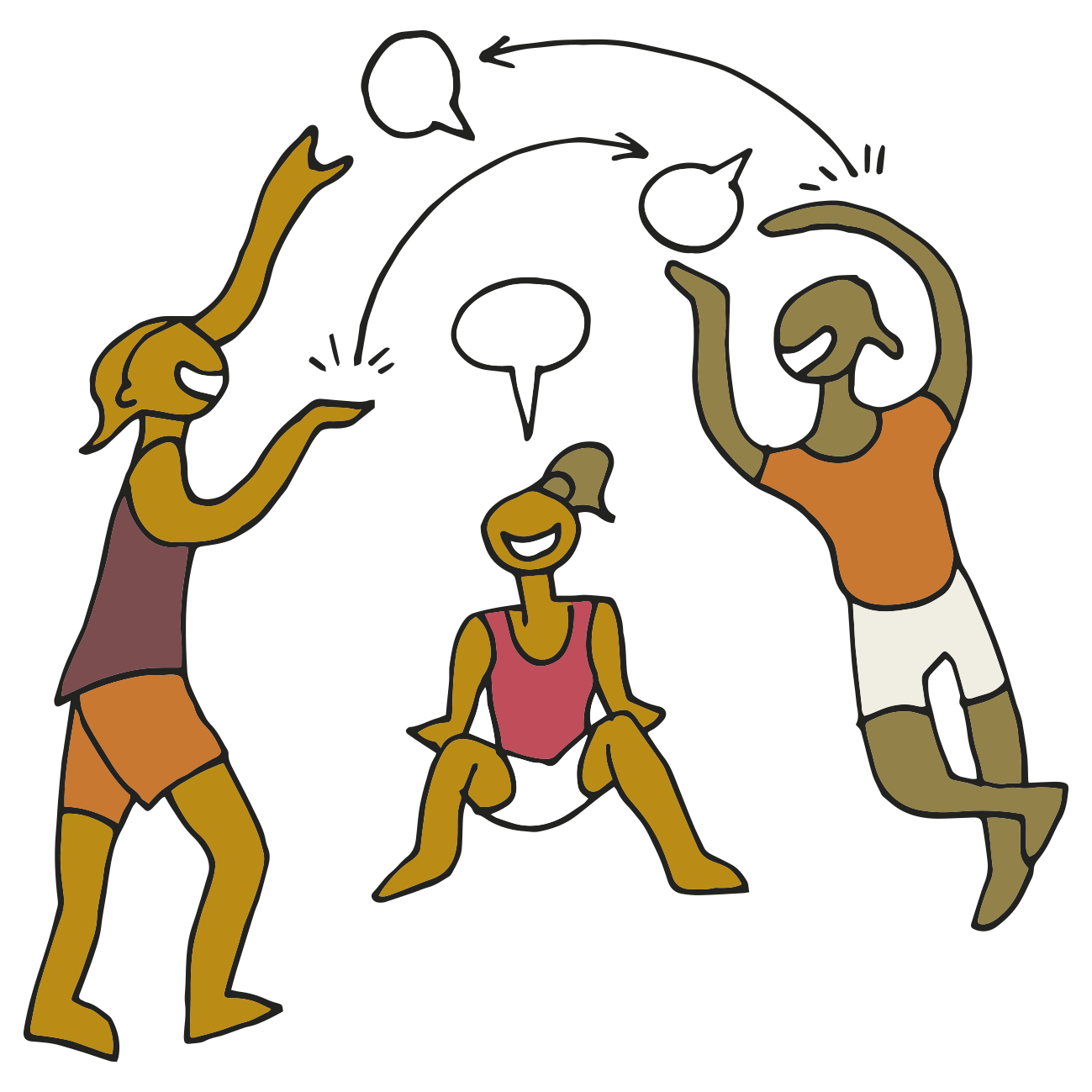
In sports clubs young people can find conditions to help them use Basque: activities they enjoy, a friendly atmosphere, cooperation, friendship, respect, a place to learn and so on. Moreover, Basque can also help to build a team, and can be a motor to strengthen this group. Sport can be seen as a bridge between school and the street, always within the process of socialisation and learning in Basque for young speakers.
Na Gaeil Óga, sports club set up to speak in Irish Gaelic.
The notion of the safe space is of key importance to the Euskara Kirolkide project. We have been working to define it, and continue to do so. This process of description includes three elements:
You can read here the article “Babesguneak: euskal hiztun gaz-teak aktibatzeko aukera”.
Group, relations
Rosemary Clark-Parsons (2018, 2130) defines the concept of the safe space as relational work. A similar definition is also proposed by Miren Guilló, from the point of view of feminist anthropology (Guilló 2020, 134):
“Designating a space as safe has to do with the way of being in this group: not judging other people’s opinions, listening with respect, creating spaces for mutual empowerment; basically, it consists of acting calmly, freely and responsibly.”
Relations, group and ways of being, these are the three conditions to establish the basis for a safe space.
Participation, effort
A safe space is not a given, but something that has to be constructed through practice and initiative. The group needs to be created, and in this task of creation lies another of its abilities, because the task is in the hands of the members of the group. This gives room for creativity and risk, with members and speakers taking on the power to decide. People are imperfect beings and speakers, and can display this within the group because there is a climate of trust, because it is a setting for practice that encourages risk-taking.
A shared, supported process
The sports club and the safe spaces have formed a continuum in the research carried out, as steps towards a process of change (Hunter 2008, 16). In this learning process within the safe space, it may be that not everybody has the same goals. Consequently, the safe space allows its members to experience and live the different ways of being a Basque speaker, and we feel that this opens up new opportunities and challenge for (Basque) sociolinguistics.
